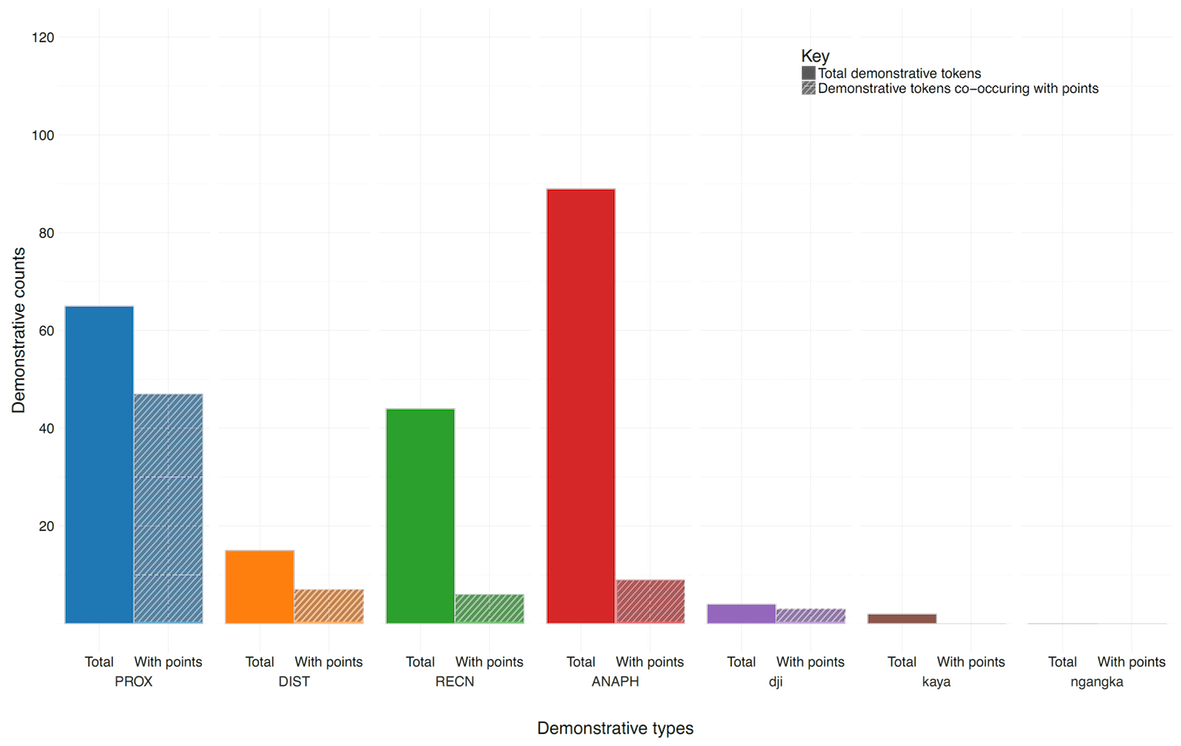Blog
Test of HTML5 audio in Jekyll
A test of HTML5 audio in Jekyll
A New Year
The first part of this year I am concentrating on coming to grips with a new set of tools for managing workflows. Specifically the Galaxy environment and Docker, a platform for deploying self contained virtual environments. The aim of the project is to distribute highly customizable and flexible workflows for interacting with speech and associated labels. This will be mainly be achieved using tools developed in R but the beauty of Galaxy is that you can string together tools from a variety of sources (e.g. Python or C), cobbling them together into a workflow that can be tailored to the needs of the user.
All Long Time Between Posts
It has been a long time since updates and considering the effort I put in to set up this frame work, I thought I should start this up again. I will try to post some articles/tutorials on the new Emu Speech Database and my experiences with using it for teaching and research.
One of the best things about using EmuR is that it integrates well into my existing R environment and allows the use of modern statistical/visualisation tools.
Stay tuned…
International Mother Language Day
Today is International Mother Language Day. Below are a few ways to say hello in some languages that are dear to me. Welsh, although it is not my mother tongue–or even my grandmother tongue–is my great grandmother tongue.
Shwmae, Sut ydych chi? (Welsh)
“Hello, How are you”Some other languages that are close to my heart include some languages spoken in Australia, these too are not my mother tongues.
Ngudda kamak?, Baleh yire? (Bininj Kunwok, Kunwinjku)
“How are you? Where are you going?”Reply (in another language):
Manymak, ngurra. (Yolŋu Matha, Gumatj)
“I’m OK/good.”I live in Australia and my mother language is British English . In my daily life I speak Australian English. These are just two amongst so many languages and varieties spoken across the Australian continent. Here’s to celebrating all of the languages spoken as a mother tongue around Australia as we speak!
Hello, how are you? I’m fine thanks, and you? (Australian English)
“Hello, how are you? I’m fine thanks, and you?”Here are some links to resources on some of the languages mentioned in this post:
No Cross-hatching in Ggplot2
After some very brief web searching, I have reached the conclusion that it is currently not possible to apply cross-hatching effects to the fill in a
ggplot.My rather crude solution was to add this in a graphics package1. Selecting each of the bars, including the box within the key, then applying a “half-tone” filter in a new layer. Once the effect is applyed the opacity can be reduced in the hatching layer.

The figure above will appear in [Blythe et al., 2016]2.
References
Blythe, J., Mardigan, K. C., Perdjert, M. E., and Stoakes, H. (2016). Pointing out directions in Murrinhpatha. Open Linguistics, In Press.
-
I used Pixelmator on OS X but any similar tool would work ↩
-
I am investigating ways to parse references but this was inserted manually. ↩
-
A Few Preliminaries
This example uses the
phonToolspackage, developed by Santiago Barreda.
